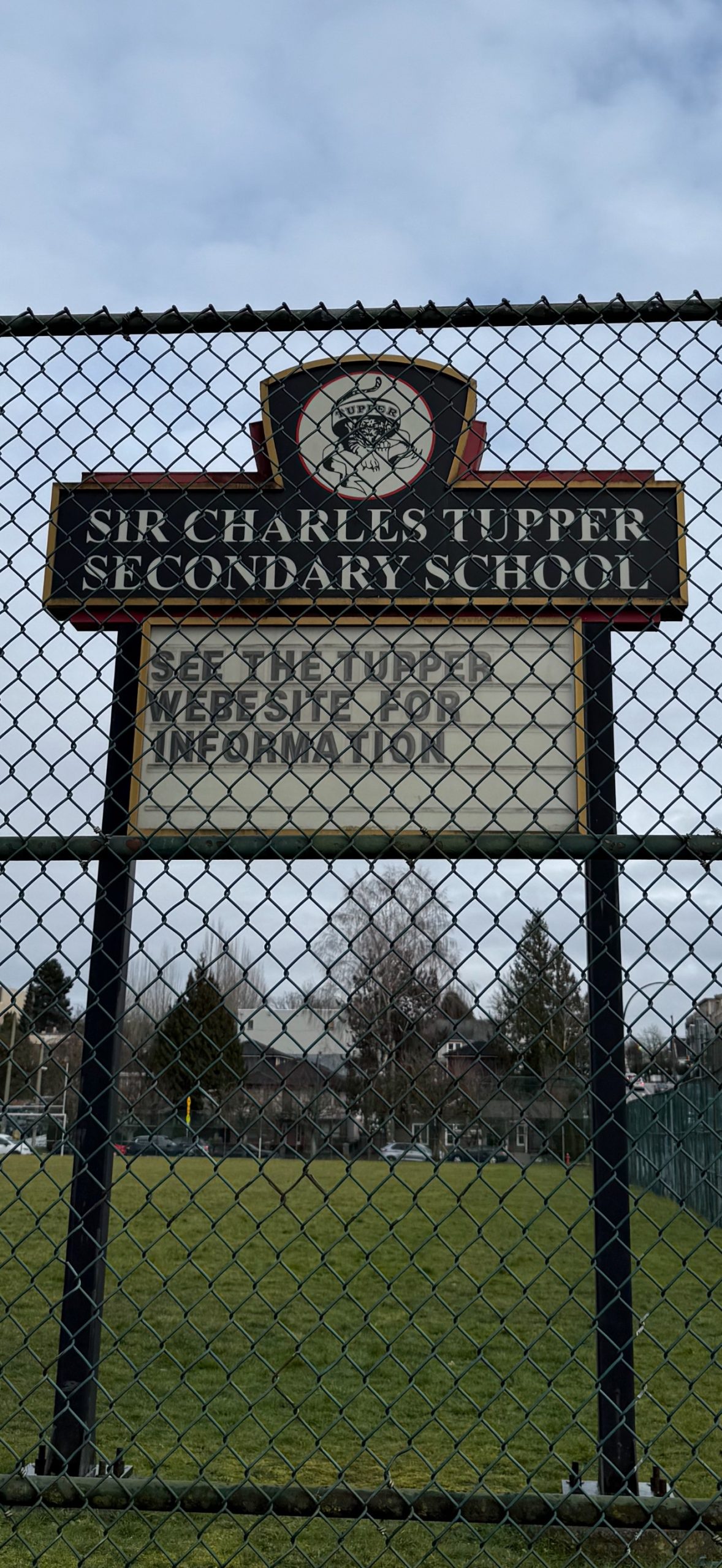Constitutional law and ideas about constitutional law.
-

Hollowing out homeownership
For 15 years, I’ve been thinking and writing about how federal policies and programs have driven house prices ever higher and betrayed the true promise of home ownership: financial autonomy. Last fall, I went to Ottawa and testified before the Finance Committee about this one-way bet on higher house prices and a potential solution. Among other things, I…
-

Existentialist threats
I’ve seen things you people wouldn’t believe.Attack ships on fire off the shoulder of Orion.I watched C-Beams glitter in the dark near the Tannhäuser Gate.All those moments lost in time, like tears in rain.Time to die. I rewatched Blade Runner on the flight home. Somewhere between Greenland and Nunavut, a rain-soaked Rutger Hauer uttered that immortal…
-

Who needs facts?
I’ll admit it. During these long, continental summer days, I’m finding American antics more…stimulating than usual. The Environmental Protection Agency (lol) wants to rescind the “finding” that CO2 emissions from cars contribute to climate change and adverse human health impacts? Temu Palpatine President Trump throws a tantrum over terrible, no good, self-inflicted jobs numbers and fires the commissioner…
-

It’s a trap
Thanks to Starmer and the Supremes, the old guys are at it again. Only this time, instead of telling other old people what our federal election was all about, they’re shouting all the familiar lines about lowering the voting age. Don’t they know kids these days don’t even drink? Or drive? None of their arguments are new or interesting. But…
-

How we actually change our Constitution
Here is a quick, rough sketch of a research project on Canadian constitutional change that I have been contemplating for a while and intend to pursue as my schedule permits: I will develop these ideas with reference to materials in a matrix posted (and updated) here. And I will elaborate more significant elements or implications of…
-

A minor framework update
On the framework front, it has been a slow start to the SCC’s 2025 term. The Court has decided six cases with reasons longer than ten paragraphs (an arbitrary, but necessary, threshold to exclude cursory judgments). The framework rate has ranged from zero FW/100¶ (Piekut v. Canada (National Revenue), 2025 SCC 13) to 6.9 FW/100¶ (Telus Communications Inc.…
-

Don’t believe the hype*
Since the writ dropped last month, old people have been busy telling other old people what this federal election is about: Canada (and Trump) ; Canada (and Trump and tariffs); Canada; Canada! Apparently, this is an existential election: one last chance for Canadians to decide who we really are. Some other old people have noticed that this rhetoric doesn’t match the reality of the pedestrian…
-

Irreconcilable Differences
No, Denzel, it’s not fun anymore. The US federal government has cut itself loose from reality, but we still share a continent with them. As we update our priors and talk about our relationships, we can also consider the limits of comparative constitutional law. After everything the Americans have said and done, how much more can…
-
Frameworks forever
Framework frequency remains low, even unremarkable, in the young 2025 term. Of course, numbers never tell the whole story. When we look closely at how the Justices have used frameworks this year, we can see just how critical this concept has become to their understanding of the law. In Working Families Coalition, Karakatsanis J wrote for…
-

Literacy and Legitimacy Part Deux
In Ontario (Attorney General) v. Working Families Coalition (Canada) Inc., 2025 SCC 5, the Court considered the constitutionality of Ontario legislation that limited the amount third parties could spend on political advertising in the year prior to a provincial election. The five-justice majority opinion recognized the foundational importance of the right to vote protected by s. 3 of…
Interesting case? New idea?